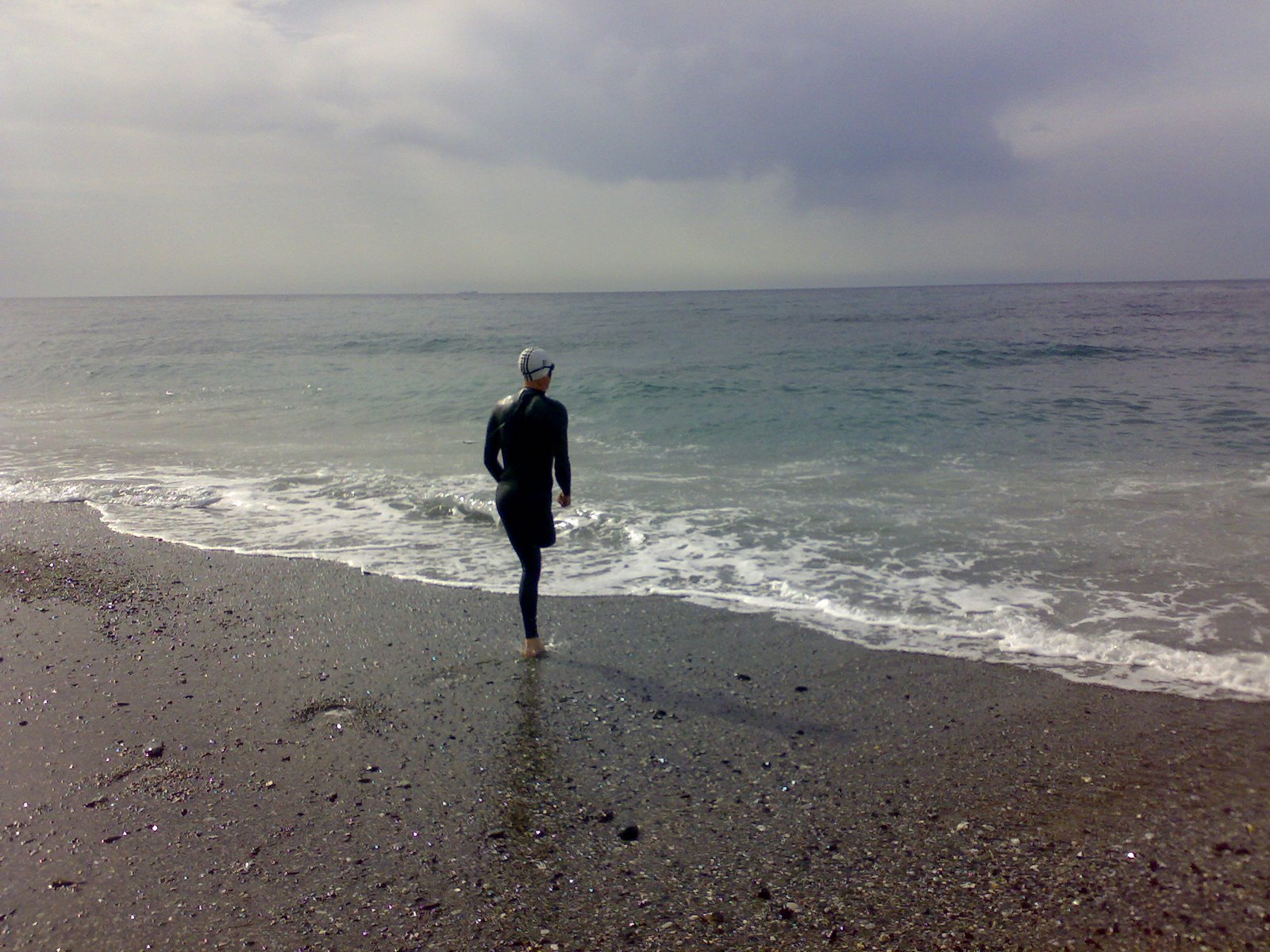
Third stage of Italian swimming tour
june 17th 2007
The issues regarding disabilities are increasingly being felt among our society, but in a somewhat partial way. Associations, websites and the press mention them every day, reporting on new research and developments which improve the quality of life. The same is true in the world of sports, through the Paralympics, which have made the world aware of tens of millions of young men and women with different abilities, finally enlightning our societies on the subject. It is also true, however, that in practice not everything that is possible is done to meet the needs of over 600 million people, who account for 10% of the world's total population. It would be important to spend extra time and focus more on disabled people, because their condition is a great source of pain and discomfort both for them and their families. Society must realize that besides the typical practical problems such as moving, eating and cleaning oneself, those who are affected by a disability often have a hard time accepting their condition and building relationships. Ideally society should try to fill the huge gap that separates disabled people from the real and productive world, teaming up with them to overcome the obstacles that they face every single day.
To mention just a few examples: in Italy, despite the fact that the current rules against architectural barriers were approved in 1989, still too many buildings, public and private, are problematic to access and move around. Entrances, hallways, doors, pavements, toilets, lifts, and various other elements are not accessible to everyone, but only to those who enjoy full physical capabilities. Many times, the special needs of the disabled ones, who often have no say at all, are ignored when new buildings are designed. Despite the current legislation on labour (Law No. 68/1999), in Italy over one million disabled people are registered as jobless, of which 700 thousand are in the South alone. Their unemployment rate is nearly 80% and we ended up with these figures because companies prefer to pay ridiculously small fines wherever there are supervisory committees on compulsory employment of the disabled workers. This doubles the pain suffered by people who are deprived of their basic need to feel useful and productively part of the social fabric.
It is unbelievable that one of the main factors separating disabled people from the productive world is technology, which has always been one of the most powerful tools of social inclusion. A striking example, among many others, is the Italian Nomenclature Tariff, the legislative instrument that regulates the provision of prosthetic aids. It hasn't been updated since 1992 and therefore it currently doesn't take into account the substantial progress achieved by research, effectively precluding the rights of freedom and autonomy.
In the real world, discrimination is still very much a fact of life. Perhaps it is more subtle and less visible, but it still exists. Even today, people with disabilities face prejudice and lack of sensitivity.
To quote London University's professor Len Barton's speech at the Convention for Inclusive Education last year in Bergamo, "The current social model is not a set of fixed and immutable ideas. We must be willing to change the world when it is discriminatory, and make its facilities more welcoming and inclusive. Because we can create a different world, a truly democratic one characterized by equality and by real opportunities in terms of wealth and income. A world where disability is valued and celebrated, a world inclusive for all."
The school's role is therefore essential so that every person may feel normal, and so that everyone may have the opportunity of a real education. In recent times, a new concept has been gaining traction in schools, one of "Inclusive education". As self-explanatory as it is, it aims at including everyone, and especially those with specific problems, within the learning process. Formal education is central to the issue of disability as social inclusion can not be separated from the "Inclusive education": the inclusion of every person (disabled or not) within our society may only be achieved through education.
Tomorrow is December 3rd, and we celebrate the International Day of Persons with Disabilities, proclaimed by the United Nations General Assembly in 1982. It is a wonderful opportunity for all those who believe
in democracy, in equality and in the rule of law, to focus on the integration and the inclusion of all people with disabilities.
Sincerely
Salvatore Cimmino


Nessun commento:
Posta un commento